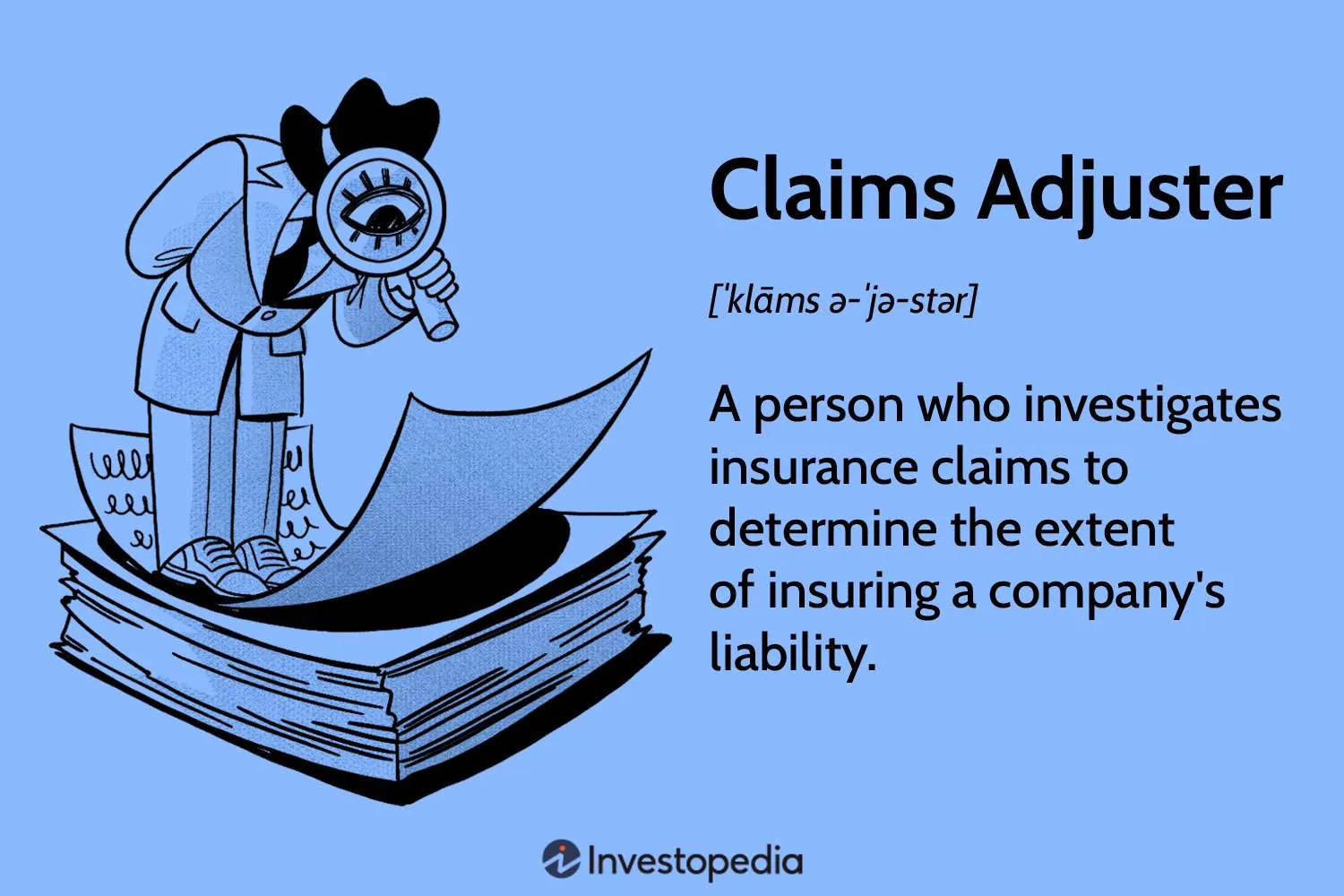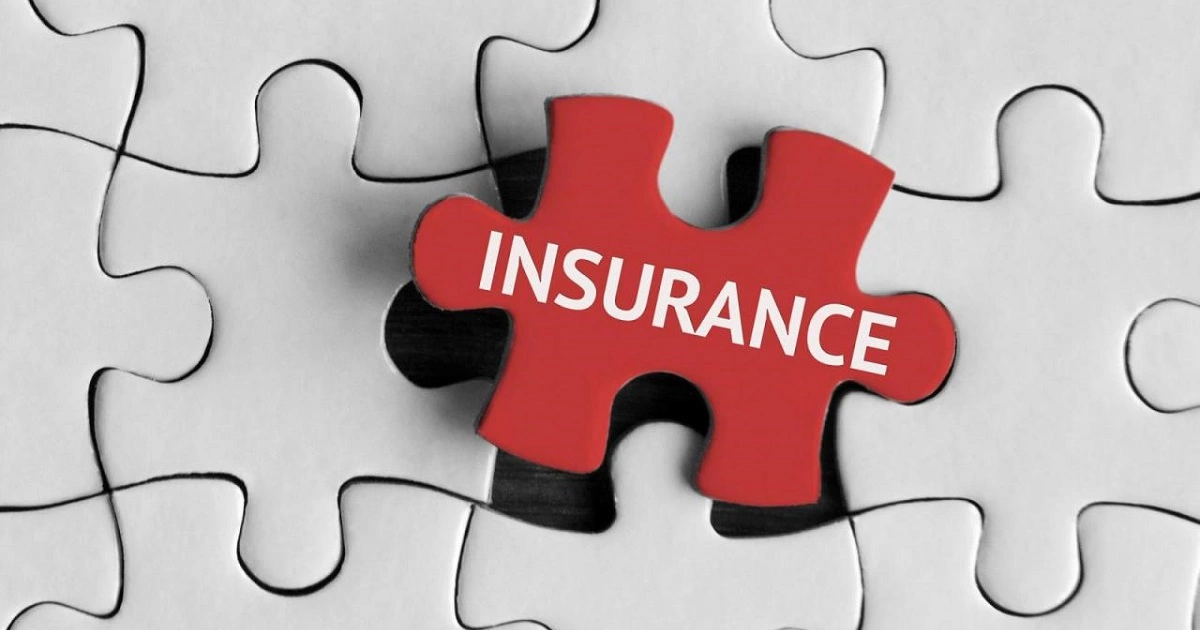Make wise choices when buying insurance to make sure you have the appropriate coverage, whether it’s for your home, car, health, or any other element of your life. Regrettably, a lot of people make simple insurance blunders that could have major long-term repercussions. To protect yourself and your possessions, it’s crucial to stay away from these hazards.
You may make informed decisions and get the right coverage to effectively protect yourself and your belongings by avoiding these frequent insurance blunders. Always keep in mind that insurance is a crucial component of financial planning, so it pays to take your time and do it well.
Insuring a home for its real estate value rather than for the cost of rebuilding.
Some homeowners may believe they can lower the amount of insurance on their home when real estate prices decline. In contrast, insurance is meant to cover the expense of rebuilding, not the home’s purchase price. No matter how the real estate market is performing, you should make sure that you have enough coverage to totally rebuild your home and replace your possessions.
Improve your savings by increasing your deductible. Your premium payments might be reduced by up to 25% if you raise your coverage from $500 to $1,000.
Make sure you consider this when deciding whether to increase your ordinary homeowners deductible if you reside in a disaster-prone location as your insurance policy may have a different deductible for damage from catastrophic catastrophes.

Selecting an insurance company by price alone.
It’s crucial to pick a business with affordable prices. But, be sure the insurer you select is financially stable and offers top-notch customer support.
A better method to save is to question friends and relatives about their experiences with insurers and to research a company’s financial standing with independent rating organizations (such well-known ones are AM Best and Moody’s). Choose an insurance provider that will accommodate your demands and manage claims effectively and equitably.
Dropping flood insurance.
Most homeowners and renters insurance policies do not cover damage from flooding. The National Flood Insurance Program (NFIP) and a few commercial insurance firms also offer coverage. Despite the fact that you might not be aware of it, 25% of all flood losses take place in low-risk locations.
Better way to save: When buying a house, check with the NFIP to see if the property is located in a flood plain; if it is, you might want to think about moving to a less dangerous region. Consider obtaining flood insurance if you currently reside in a flood zone and look into mitigation measures that can lower your chance of flood damage. More details about flood insurance are available at
Only purchasing the legally required amount of liability for your car.
Simply put, the minimum is what you can get away with legally. So, purchasing a minimal level of responsibility will probably result in you having to pay more afterwards. However, those expenses may put your financial stability in danger if you are sued.
Consider skipping collision and/or comprehensive coverage on older vehicles worth under $1,000 to save money. Consumer advocacy organizations and the insurance industry generally advise a minimum of $300,000 per accident and $100,000 per individual for bodily injury protection.
Neglecting to buy renters insurance.
If you have to leave your apartment because of an insured calamity, such a fire or hurricane, a renters insurance policy will pay for your belongings and additional living costs. In addition, it offers liability defense in the event that someone is hurt in your house and files a lawsuit.
Purchasing multiple policies from the same insurer, such as renters, vehicle, and life insurance, will typically result in discounts.









